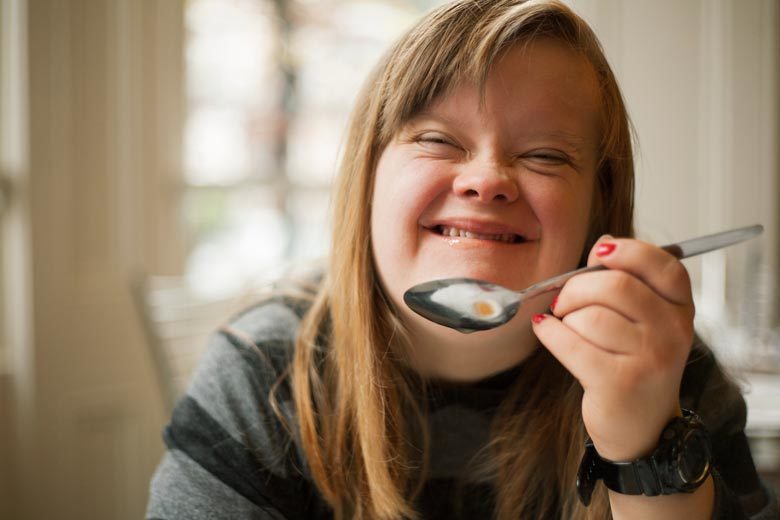
Have you ever considered working with people who have developmental disabilities?![]() Intellectual Developmental Disabilities, or IDD, are characterized by impairments in communication, social interaction and self-care abilities due to the presence of a (typically) congenital disorder which affects physical, intellectual and/or emotional development. IDD includes several conditions such as autism spectrum disorder, Down syndrome and cerebral palsy.
Intellectual Developmental Disabilities, or IDD, are characterized by impairments in communication, social interaction and self-care abilities due to the presence of a (typically) congenital disorder which affects physical, intellectual and/or emotional development. IDD includes several conditions such as autism spectrum disorder, Down syndrome and cerebral palsy.
Through the self-designed, six-week rural health rotation of my internship, I had the pleasure of gaining experience working with an IDD population at a facility that helps this population live independently in the community. During my time here, I’ve learned a few things:
- Clients with IDD might not remember your name, but that doesn’t mean they don’t remember you. Ricky is one individual I had the pleasure of working with. He gets excited often and needs reminding to be gentle with his high fives. Ricky rarely remembered my name, but he never forgot to bash my school’s athletics teams because he was a fan of the rival school.
- In addition, clients with IDD often need reminding about appropriate behavior. Impairments in communication and social interaction can mean many things; for some this can be swearing or making inappropriate comments, while others might wear multiple pairs of sunglasses. A gentle reminder of what is appropriate can guide them back on track.
- IDD exist on a spectrum and some individuals need more help than others. Similar to any other group of people, there’s not a one-size-fits-all approach, and small changes are more sustainable. Remember to be patient and creative. Involve the individual in interventions. Although this population often relies on others for assistance in grocery shopping and meal preparation, they’re more likely to be willing to change if they get to be involved in the process.

